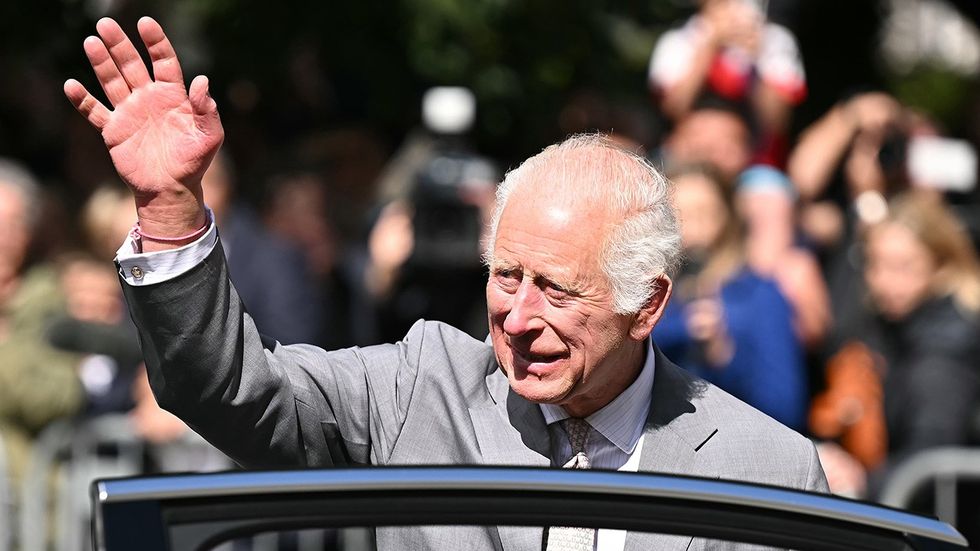Recent days have been marked by heightened speculation and concern surrounding King Charles III, particularly following a video statement made by Princess Catherine of Wales.
This statement has fueled widespread conjecture about the potential for an official announcement from the King himself, with rumors swirling about issues ranging from the line of succession to the possibility of a regency or even abdication.
The anticipation has been palpable, with various media outlets—both British and international—offering differing perspectives on what such an announcement might entail.
While some believe the statement could indicate significant changes in the monarchy, others caution that the speculation may be premature, suggesting that what is anticipated might not materialize as expected.

Currently, King Charles III is officially on vacation at Balmoral Castle, but reports suggest that his duties as monarch are far from over. A close friend of the King has noted that, despite his serious illness, Charles remains committed to his role. “There’s not much point in being King if you’re not going to act like one. If he put his feet up at Balmoral and sat around feeling sorry for himself, morale would crumble,” the friend stated. “Whatever time remains to him will be spent doing the job to the best of his ability.”
However, the usual narrative of royal resilience faces a poignant twist as insiders reveal troubling details about the King’s condition. According to a well-connected source, King Charles is not at the 167-room Balmoral Castle but is instead staying at Burk Hall, a more private residence on the estate. This move follows a period when the King and Queen Camilla spent much of the pandemic there. Royal watchers have expressed increasing concern over the King’s health, with speculation about the type of cancer he is battling and the nature of his treatment becoming a topic of public interest.
Recent reports shed light on the King’s grueling schedule, including a recent visit to Southport to meet bereaved families following a tragic event and subsequent travels between London and Balmoral. The extensive back-and-forth travel has raised concerns about the toll it may be taking on his health. At 75 years old and grappling with a serious illness, Queen Camilla has publicly voiced her frustration and concern over Charles’s relentless work ethic. “I want Charles to behave and slow down,” she said with a semi-jocular tone that masked deeper worries about her husband’s reluctance to prioritize his recovery.

In light of these developments, there are growing calls for Prince William to step in and take on more public duties, particularly given Charles’s deteriorating condition. One observer noted, “I actually think William could have deputized for Charles at Southport. I have tremendous admiration for the incredibly brave way Charles has conducted himself over the past six months, but he’s clearly not well, and things can go wrong very fast with cancer.”
As King Charles continues to balance his royal responsibilities with his health challenges, the public remains on edge. The monarchy, already reeling from the death of Queen Elizabeth II and a streamlined approach to public engagements, faces further uncertainty. The question of what comes next for the country and the Commonwealth looms large, with the public left wondering how the vacuum left by a less active King will be filled.
With the monarchy’s future in flux and the King’s health a matter of great concern, the coming weeks may offer further clarity—or deepen the mystery surrounding the Royal Family’s next steps. For now, the nation watches and waits, hoping for a positive resolution amidst the uncertainty.